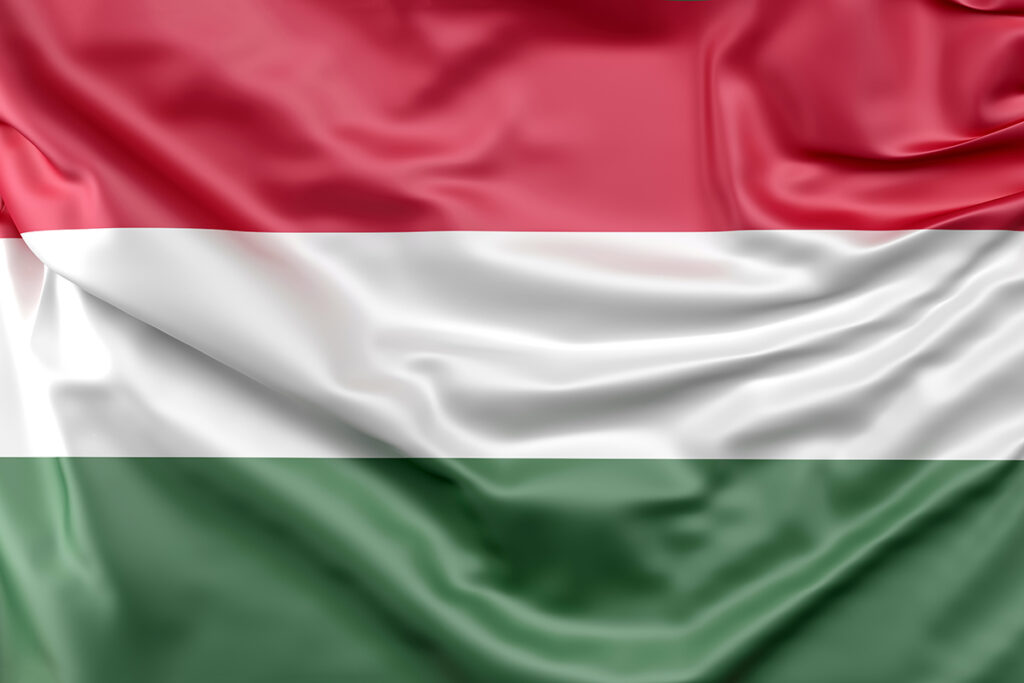The recent move by Hungary to block a European Union statement expressing solidarity with Ukraine has sparked debate and cast a shadow over the bloc’s coherence in addressing the ongoing Eastern European crisis.
Drafted by the office of European Council President Charles Michel, the statement aimed to convey unanimous backing for Ukraine from all EU member states. However, Hungary’s dissent during discussions among EU leaders derailed attempts to issue a joint statement.
Diplomatic sources reveal Hungary’s objections revolved around concerns regarding the statement’s language concerning defense matters, particularly pertaining to missiles. Moreover, criticisms were voiced regarding the EU’s silence on developments in the Middle East. These objections weren’t exclusive to Hungary, as other militarily neutral EU nations like Austria, Ireland, and Malta echoed similar reservations.
Despite Hungary’s opposition, Michel, alongside European Commission President Ursula von der Leyen and European Parliament Chief Roberta Metsola, issued a version of the statement under their names. In it, the EU pledged comprehensive support for Ukraine spanning political, military, financial, economic, diplomatic, and humanitarian realms.
Outlined commitments included assisting Ukraine in defending itself, safeguarding its populace and crucial infrastructure, reinstating territorial integrity, and striving for conflict resolution. Furthermore, the EU announced plans to kickstart accession negotiations with Ukraine, hinting at a potential path toward EU membership for the nation.
In light of Ukraine’s urgent military and defense needs, the EU committed to addressing these concerns, including the prompt delivery of vital ammunition and missiles.
Hungary’s blockade of the EU statement underscores the hurdles the bloc faces in presenting a united front amidst the Ukrainian conflict. It underscores questions about the efficacy of EU decision-making processes and underscores rifts among member states in their crisis response approaches.
The lack of a cohesive EU stance on the matter could impact the ongoing conflict and the wider geopolitical landscape in Eastern Europe. The manner in which the EU navigates these internal differences while continuing to support Ukraine in defending its sovereignty and territorial integrity remains to be seen.
At the time of writing, Hungarian officials have not provided an official comment regarding their objection to the EU statement.


